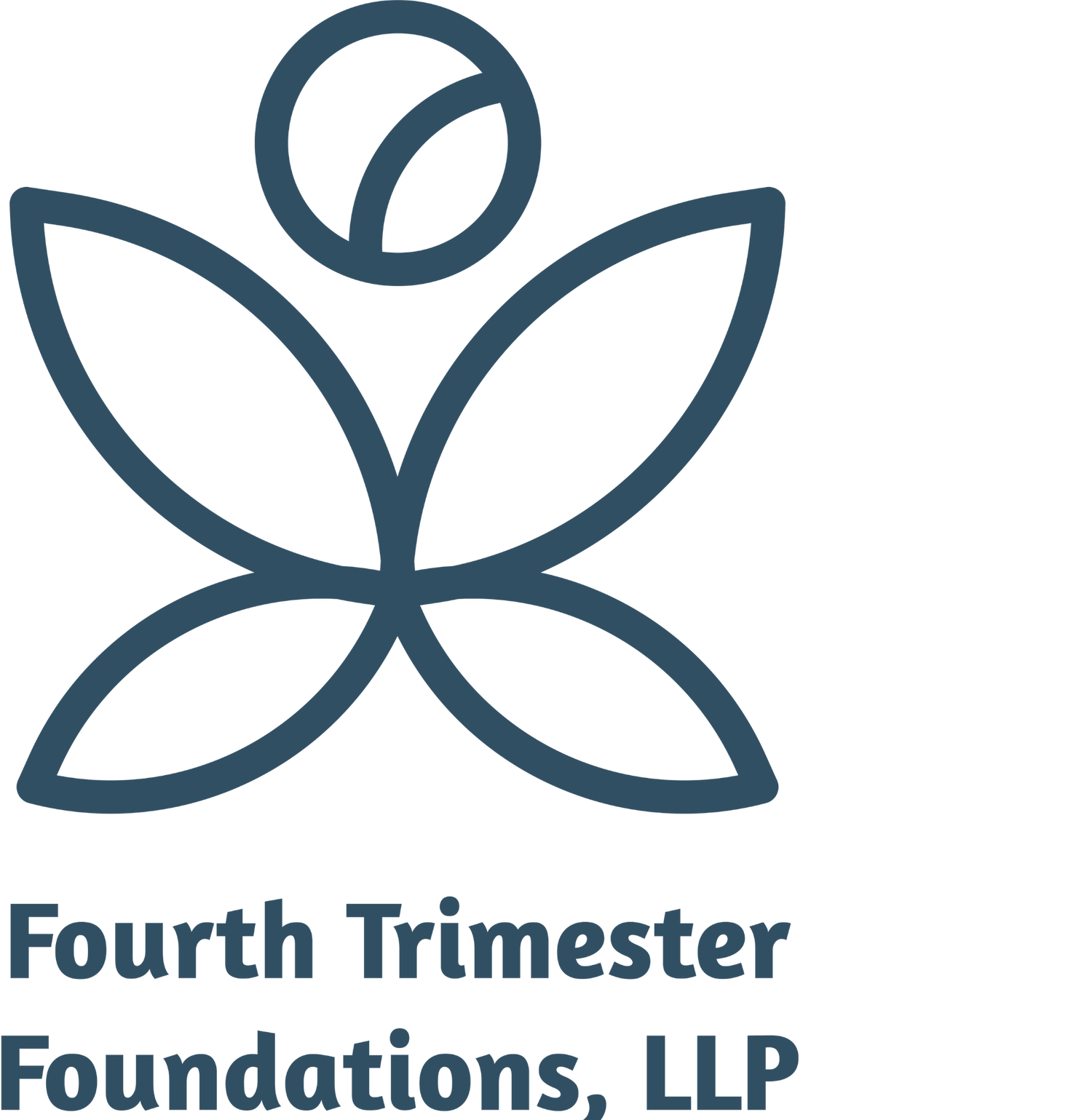5 Things To Do In Your First Trimester That Will Serve You Postpartum
Life with a baby, postpartum recovery, and even birth itself can feel like a far cry from the first trimester turmoil. You’re queasy, exhausted, bloated, and just have an overall feeling of uneasiness. There isn’t much to do in this stage of pregnancy other than focus inward and endure a lot of agonizing waiting. Waiting for things to feel real, waiting for that sweet little heartbeat to show itself, and waiting for some of the new symptoms plaguing your life to subside. What I can say for certain is there is a small list of things that you CAN do now that will pay off later when you do finally begin your postpartum journey.
1. Find your village. First trimester can be debilitating for so many reasons, both physically and mentally. You’re dealing with the anxiety that comes with knowing this new little life is potentially fragile. Plus, you feel queasy, everything smells weird, and you’re suddenly exhausted and out of breath. Oh, and you probably feel like you have a to-do list a mile long. It’s a lot at once! The same friends and family you lean on for support during this time will be pivotal to your recovery later. Take notice of who you’ve let in on the news in the early weeks, who has stuck around, who is offering to help, and who has gone radio silent.
2. Pick your holy grail water bottle. We’ve all got one emotional support water bottle that gets us through the day, right? You’ll need one for pregnancy and postpartum, too. Staying hydrated is an important part of a healthy pregnancy for a myriad of reasons, a few of which being preventing constipation, supporting your body’s changing fluid requirements, and replenishing from any morning sickness that’s got you hunched over the toilet. You might like to find some add-ins, like an electrolyte powder, that makes hydrating even more attractive. Flat water can be especially difficult to stomach when you’re feeling nauseated. Overall, just find the water bottle that gets you enough volume throughout the day and also makes it enjoyable to drink, whatever that looks like for you! And no, it doesn’t need to be the one every influencer on the internet has that costs a fortune. Walmart, TJ Maxx, Target, and Amazon all have great options for you, too.
3. Find some comfortable bras. The boob changes start early in pregnancy and continue long into the postpartum journey. The one similarity you’ll find between first trimester and fourth trimester is the sensitive nipples. Nipple sensitivity is one of the first pregnancy symptoms many people report! Especially if you’ve never been pregnant before, this can be distressing and very uncomfortable. Find a couple of maternity bras that feel soft and comfortable now. Leave some room for breast growth (and add on items like breast pads later). You’ll probably find that these bras provide the same comfort to sore and abraded breastfeeding nipples later!
4. Get tuned into your mental health. Perinatal Mood and Anxiety Disorders, or PMADs, are best known for their tendency to show up during the postpartum period. But it’s important to know that they can often start rearing their head during pregnancy, too. It’s pretty easy to understand why, especially if you’re one of the many women who has experienced fertility struggles and pregnancy loss in the past. The first trimester can feel like a black hole of anxiety that’s ready to swallow you whole if you’re not prepared to manage it. That village we mentioned earlier will definitely be important. Additionally, if you’ve already got a relationship with a mental health professional, now is not the time to put the brakes on it. If you’re not currently or have never seen a therapist before, now is a great time to start! Maintaining and developing new coping mechanisms that support your mental health will pay off ten-fold as your pregnancy progresses and you enter postpartum.
5. Choose your provider. And don’t be afraid to move on from the one who you normally just see for a pap. All that uncertainty in the first trimester comes with a lot of questions, both from you and from your provider. You’ll have a million things you want to know about, and they’ll also have a lot of questions for you, like what prenatal testing you’d like to opt in or out of and what kind of birth you envision, for instance. If you can’t have a candid and comfortable conversation with your provider in this stage, you’ll likely have trouble talking to them when you’re postpartum and uncertain as well. The relationship you have with your provider will dictate a lot in the coming months. Use this time early on to choose carefully. You won’t regret it when you’re sitting in the office again 6 weeks postpartum.
If this list resonates with you and you’d like to learn more about planning for a safe and empowered postpartum, be sure to subscribe to our newsletter and take a look at our self-paced workshops to see if one might be the right fit. If questions about pregnancy or postpartum prep arise that you need a more individualized answer to, look no further than our 1:1 RN coaching calls. We can’t wait to chat with you!


